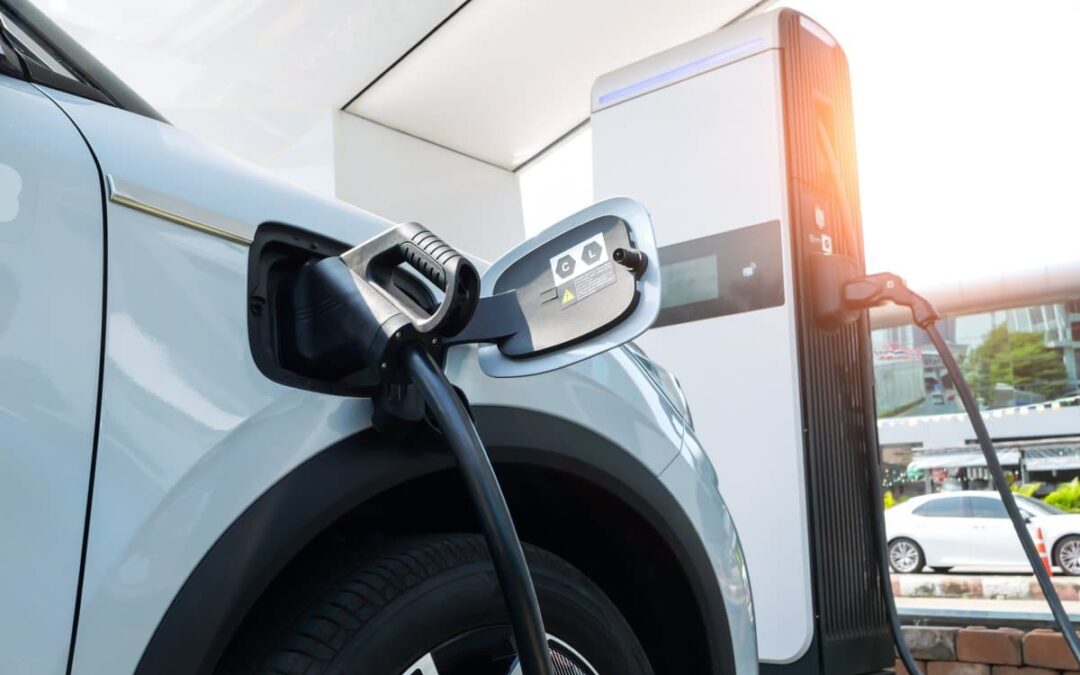The ambitious goal set by the Biden administration for electric vehicle (EV) adoption is facing significant challenges.
Auto Dealers Express Concerns

Image Credit: Shutterstock / fizkes
More than 3,000 auto dealers in the US have urged the White House to reconsider its aggressive EV targets. Their collective sentiment highlights a lack of consumer readiness and enthusiasm for battery electric vehicles (BEVs).
Affordability Issues

Image Credit: Shutterstock / fizkes
A major hurdle cited by auto dealers is the high cost of EVs. This concern is compounded by limited access to home and public charging facilities, alongside the impact of extreme weather on the driving range.
Response From the White House
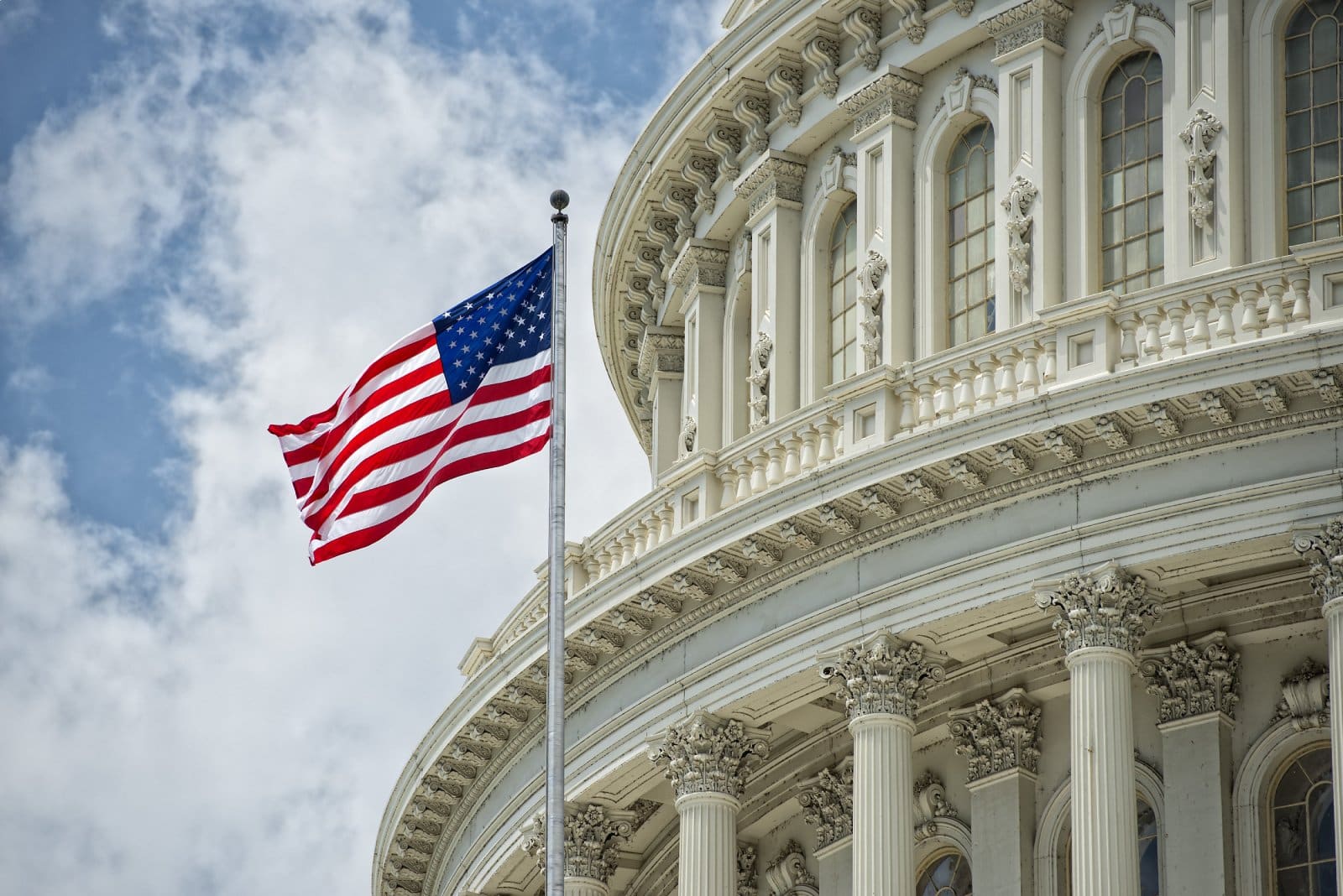
Image Credit: Shutterstock / Andrea Izzotti
The White House, referencing the Inflation Reduction Act, emphasizes the financial incentives to encourage EV adoption. These include significant credits for qualifying households, aiming to make EVs more attainable.
Price Remains a Barrier

Image Credit: Shutterstock / fizkes
Despite these incentives, experts like Ramanan Krishnamoorti believe that the high price point of EVs remains a significant barrier. This issue is particularly acute as only a fraction of the population can currently afford these vehicles.
Rising Interest Rates’ Impact
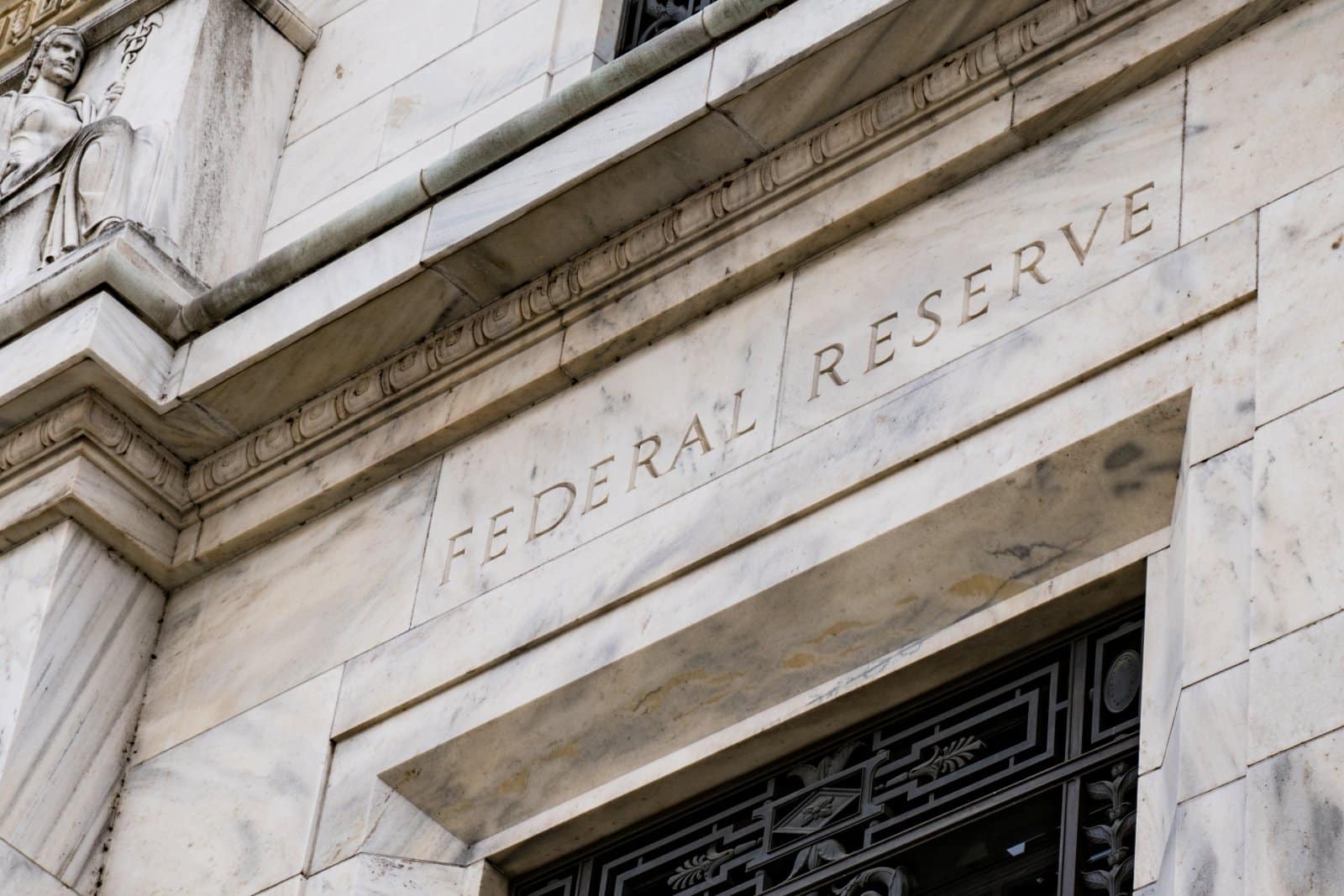
Image Credit: Shutterstock / Paul Brady Photography
The Federal Reserve’s interest rate hikes have escalated borrowing costs, affecting consumers and manufacturers. This financial tightening has added to the challenges of financing and producing EVs.
Increased EV Costs
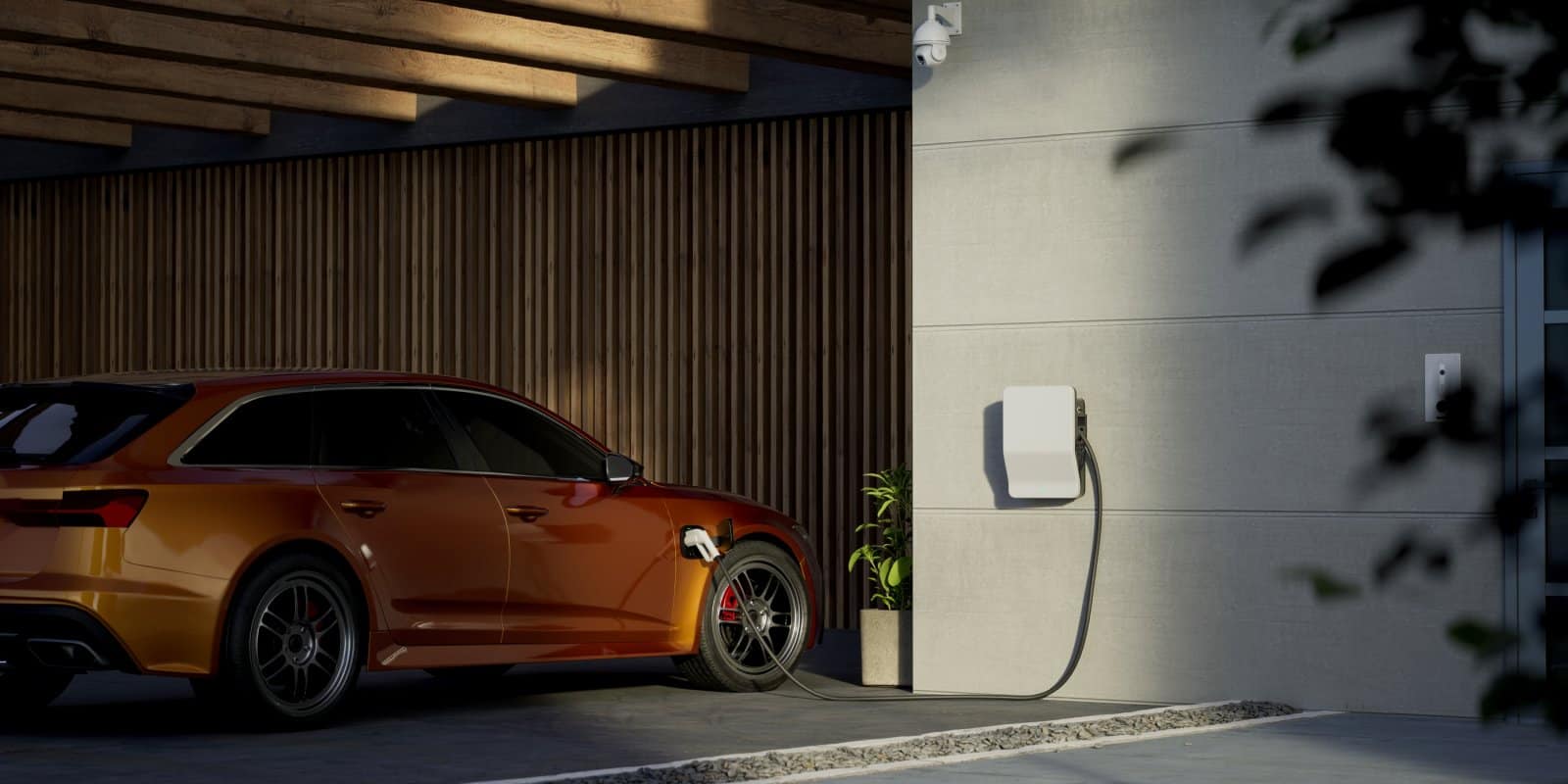
Image Credit: Shutterstock / Supamotionstock.com
Every aspect of EV production, from labor to batteries, has seen a cost increase. This has led to a softening in demand and a reevaluation of EV strategies by major automakers.
Automakers’ Dilemma

Image Credit: Shutterstock / Indypendenz
Ford’s recent earnings report reflects a broader industry trend where customers are reluctant to pay a premium for EVs. This hesitancy is affecting both the pricing and profitability of electric vehicles.
Musk on EV Affordability
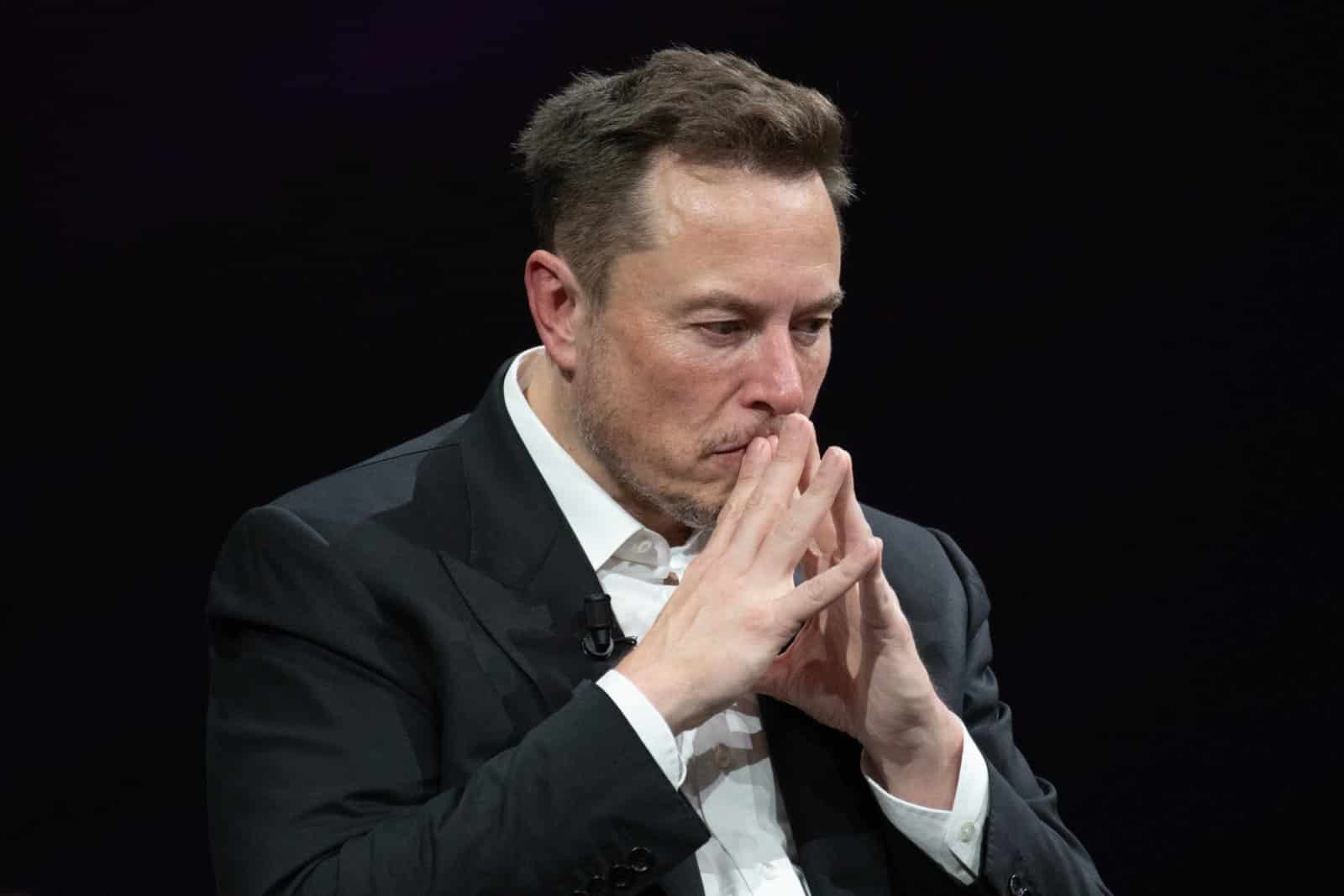
Image Credit: Shutterstock / Frederic Legrand – COMEO
Elon Musk, Tesla’s CEO, has also emphasized the critical need to make EVs more affordable. He acknowledges that cost reduction is essential for broader consumer adoption.
Manufacturers’ Long-Term Outlook

Image Credit: Shutterstock / Ground Picture
Auto manufacturers, including GM, predict significant EV affordability strides will emerge around 2025. This projection is aligned with the anticipated expansion of charging infrastructure.
Charging Infrastructure Concerns
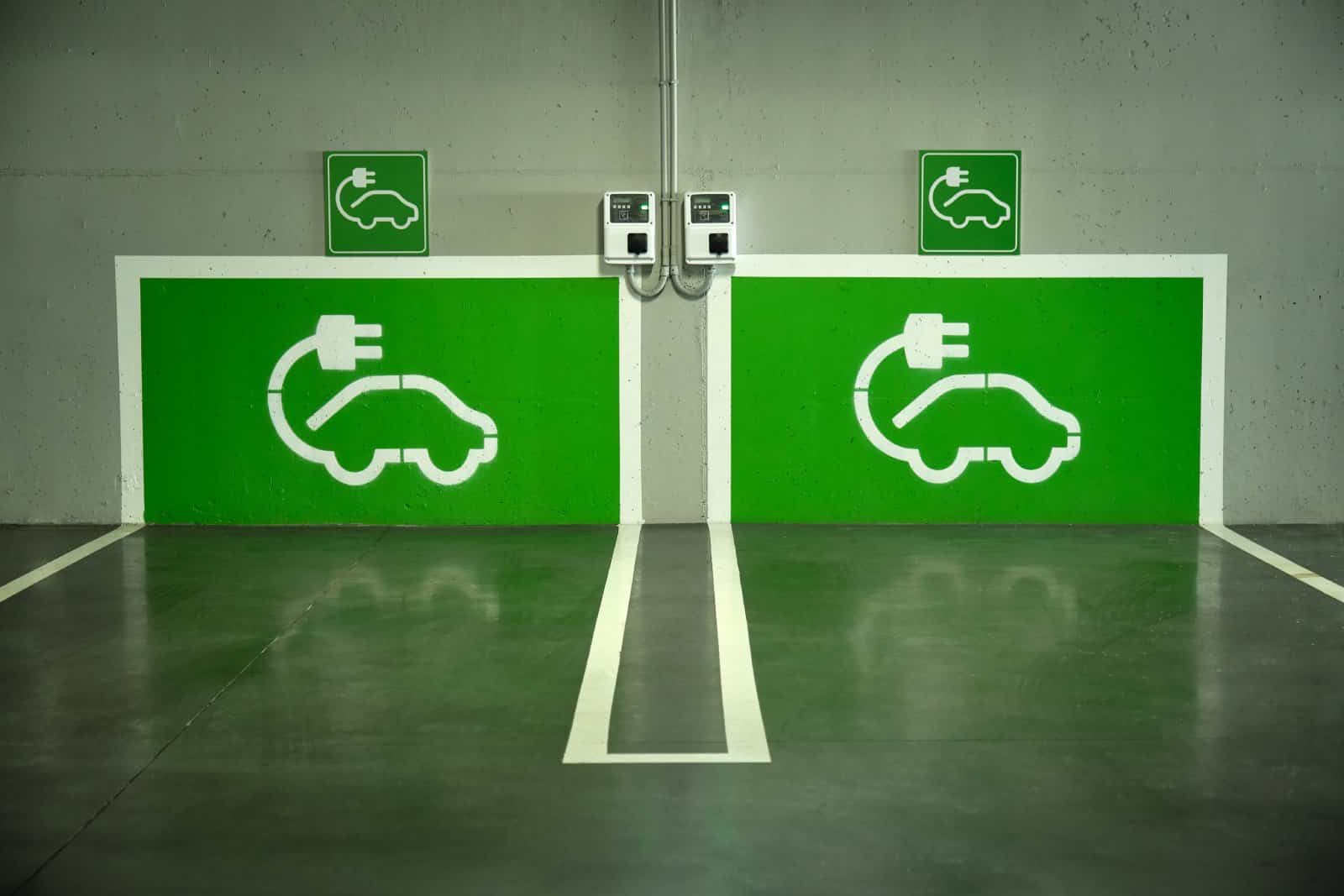
Image Credit: Shutterstock / lvaroMP
A major source of anxiety for drivers is the current state of the EV charging infrastructure. Concerns center around compatibility, reliability, and availability of charging stations.
Tesla’s Charging Network Plan

Image Credit: Shutterstock / Ground Picture
The US government’s collaboration with Tesla aims to establish a comprehensive network of chargers accessible to all EV drivers by the end of 2024. This is a crucial step in addressing infrastructure challenges.
Shift Towards Hybrids
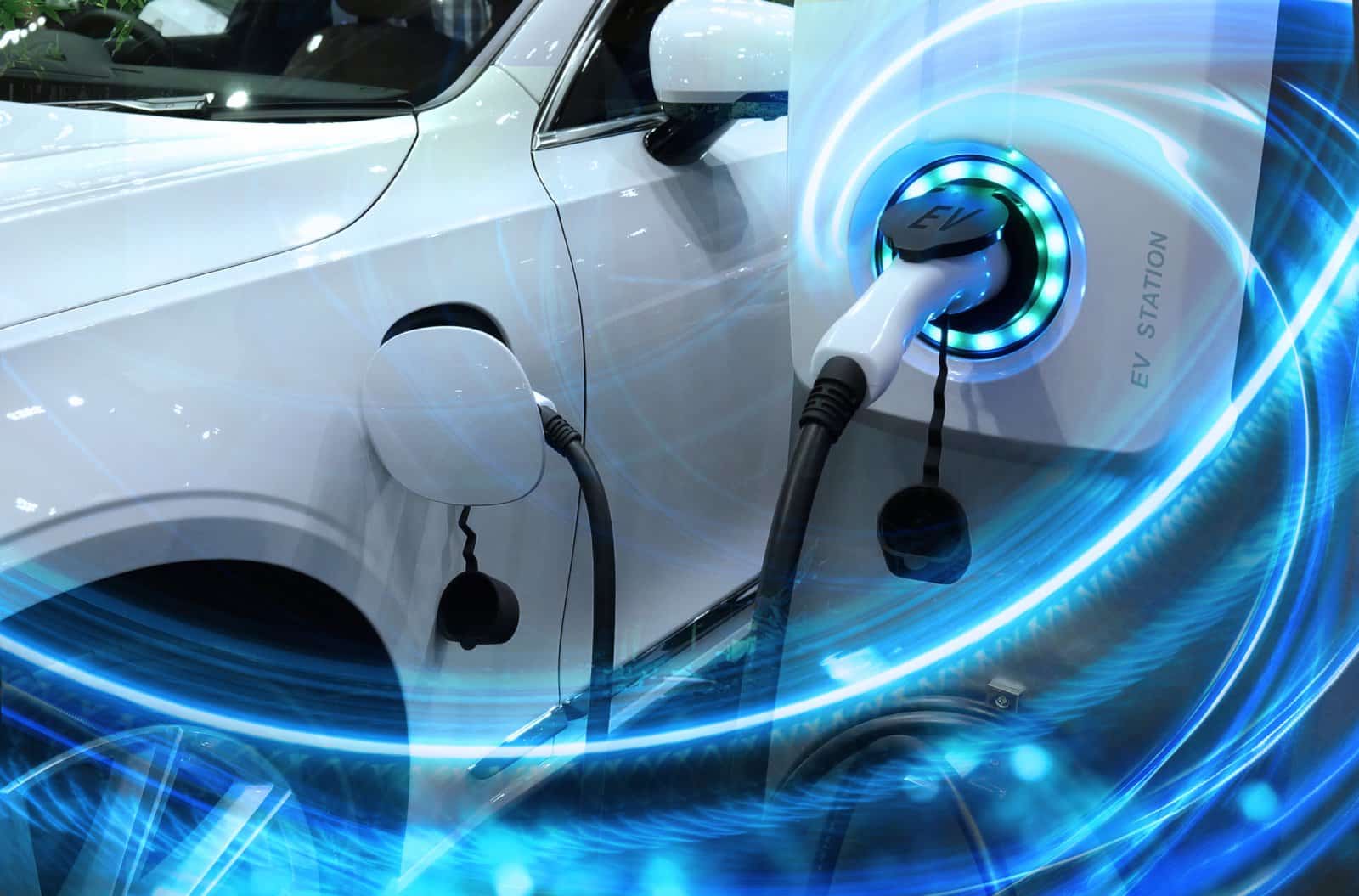
Image Credit: Shutterstock / buffaloboy
Due to the current limitations of EVs, consumers are increasingly gravitating towards hybrid models. These vehicles offer a more practical and immediate solution for environmentally conscious driving.
EVs Losing Market Pace
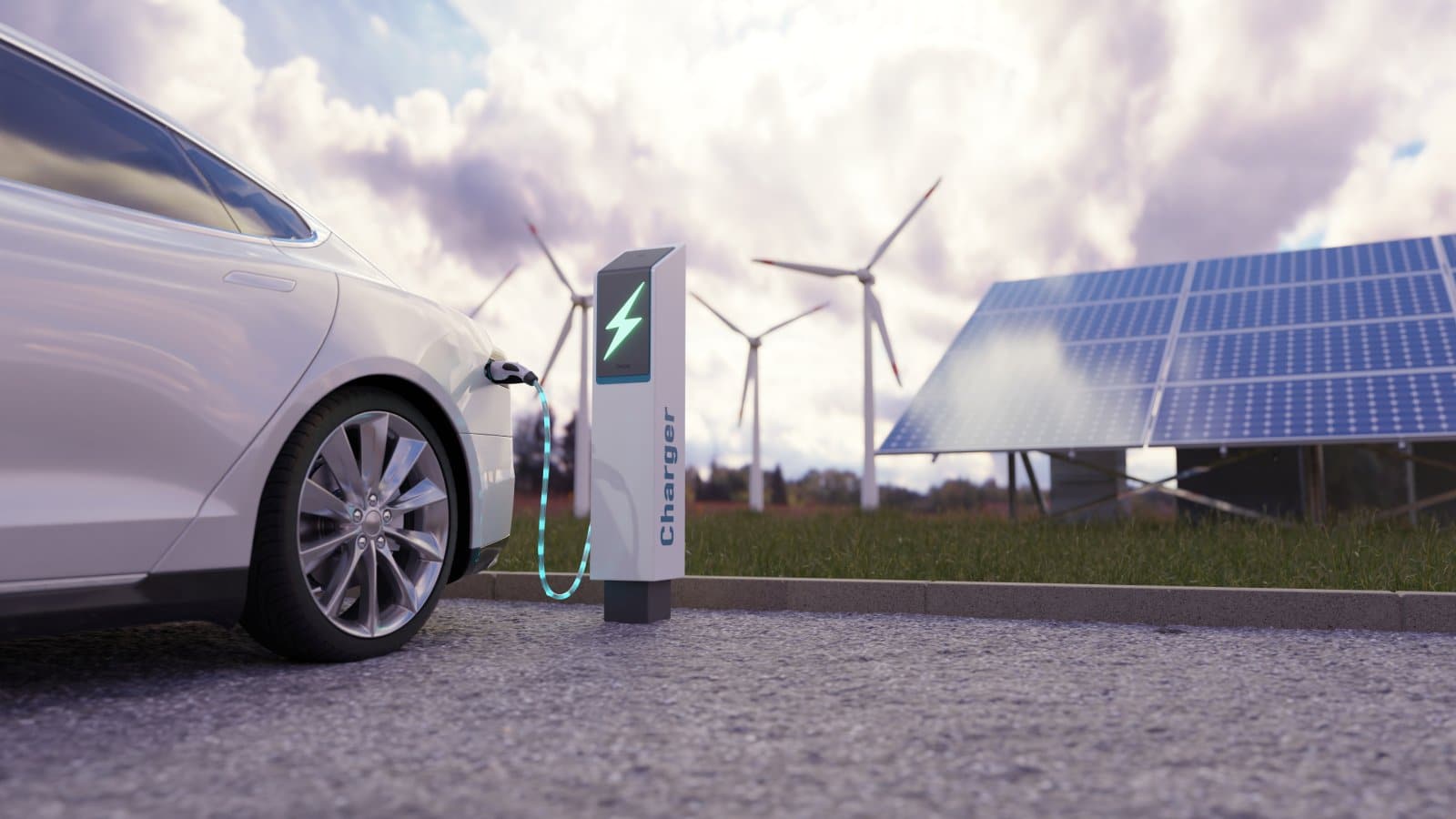
Image Credit: Shutterstock / Markopolo
Recent data indicates that EVs are lingering longer in dealerships compared to hybrids and gasoline models. This trend suggests a market shift towards more immediate and practical sustainable solutions.
Despite Challenges, EV Sales Grow

Image Credit: Shutterstock / PBXStudio
Despite these headwinds, the EV market has seen substantial growth. Sales have surged, with EV market share in the US reaching its highest-ever level.
The Path Forward

Image Credit: Shutterstock / ASDF_MEDIA
Advisors like Amos Hochstein highlight the need for patience and continued effort in building capacity, reducing costs, and improving infrastructure to sustain and accelerate EV adoption.
Ambitious Goal

Image Credit: Shutterstock / fizkes
While the US is witnessing a significant increase in EV adoption, the path to reaching the Biden administration’s 2030 goal is fraught with challenges. These include high costs, infrastructure gaps, and consumer hesitancy.
Market Evolving

Image Credit: Shutterstock / Aruta Images
As the industry and government work to address these issues, the EV market continues to evolve, reflecting the growing pains and potential of this pivotal shift in transportation.
More From Thrifty Guardian
The post White House Offers Financial Incentives to Counter EV Affordability Issues Amid Rising Interest Rate Challenges first appeared on Thrifty Guardian.
Featured Image Credit: Shutterstock / JC_STOCKER. The people shown in the images are for illustrative purposes only, not the actual people featured in the story.

